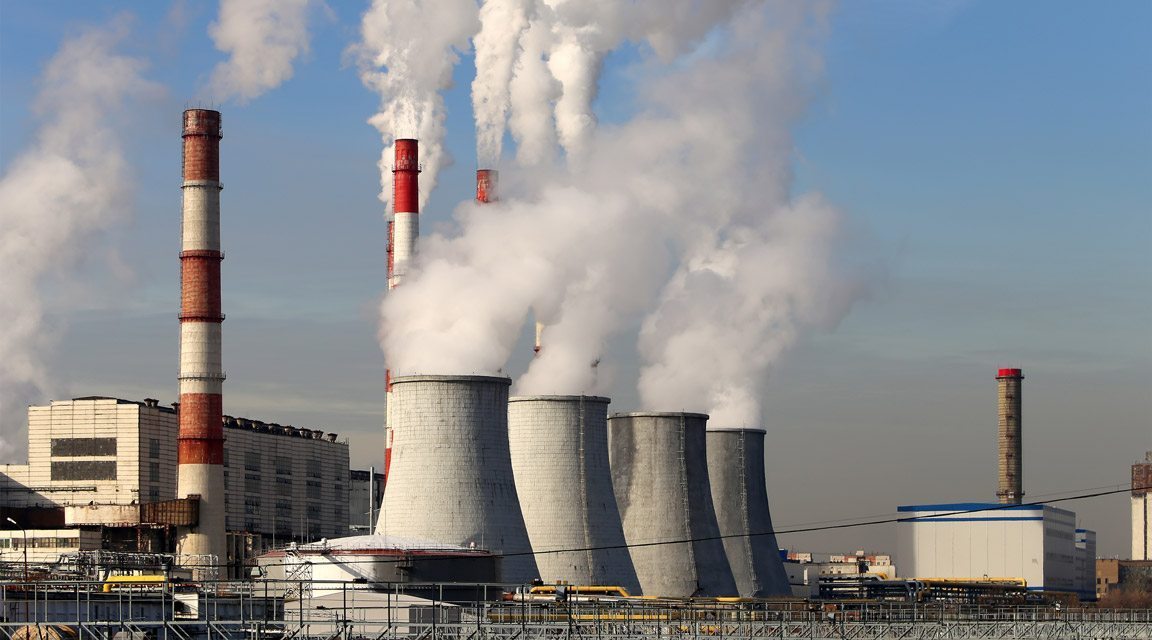

Three private sector projects advancing
The Egyptian Electricity Holding Company (EEHC) is moving forward with five coal-fired power plants, according to Dr Fouad Mohamed Mansour, head of private power plants sector at the EEHC, speaking at the Egypt Energy Investment Summit.
Of the three private coal projects, the most advanced is the UAEs Al-Nowais plant in Ayoun Moussa. The first phase will have a capacity of 2,640MW and the second 1,320MW. Preliminary feasibility studies have been carried out and al-Nowais is negotiating with the EEHC and seeking finance.
We are trying to conclude a PPA, says Mansour. This will be used as a template for the other private projects.
This will be followed by the UAEs IPIC and local Orascom with a 2400MW to 3000MW plant in El-Hamarawein. Preliminary feasibility studies have also been completed, and the consortium is waiting for the benchmark PPA.
Acwa Power is also developing a 2000MW plant in Safaga.
The two remaining plants, totalling 5000MW to 6000MW, will be carried out on an engineering procurement and construction (EPC) plus finance basis. The El-Hamarawein plant, to be built by Chinas Shanghai Electric and Dongfang Electric, will receive soft loans from the Industrial Commercial Bank of China.
Egypt has identified 10 potential sites for power plants.
When we started looking at coal, we decided the sites would not be in the Nile valley, only on shore of the Red Sea and Mediterranean, says Dr Shadya Elsheshini, advisor to the Environment Minister for industrial issues. We chose specific locations where there will be no environmental harm caused by the jetties and coal import, especially in the Red Sea with the coral reefs. There will be jetties dedicated to power plant, so we dont have any land transport as coal is imported in huge quantities. The way ships are unloaded is very specific; the conveyors closed, and so is the storage, to minimise pollution.
The jetty will be the responsibility of the developer. They also have to specially design landfills for ash and suphate waste products to reduce environmental harm. There are also options to sell on these waste products.
Egypt is also studying ways to mitigate the environmental impact, such as solar panels to compensate for carbon emissions.
You might also like...

Contractors win Oman Etihad Rail packages
23 April 2024

Saudi market returns to growth
23 April 2024

Middle East contract awards: March 2024
23 April 2024

Swiss developer appoints Helvetia residences contractor
23 April 2024
A MEED Subscription...
Subscribe or upgrade your current MEED.com package to support your strategic planning with the MENA region’s best source of business information. Proceed to our online shop below to find out more about the features in each package.






